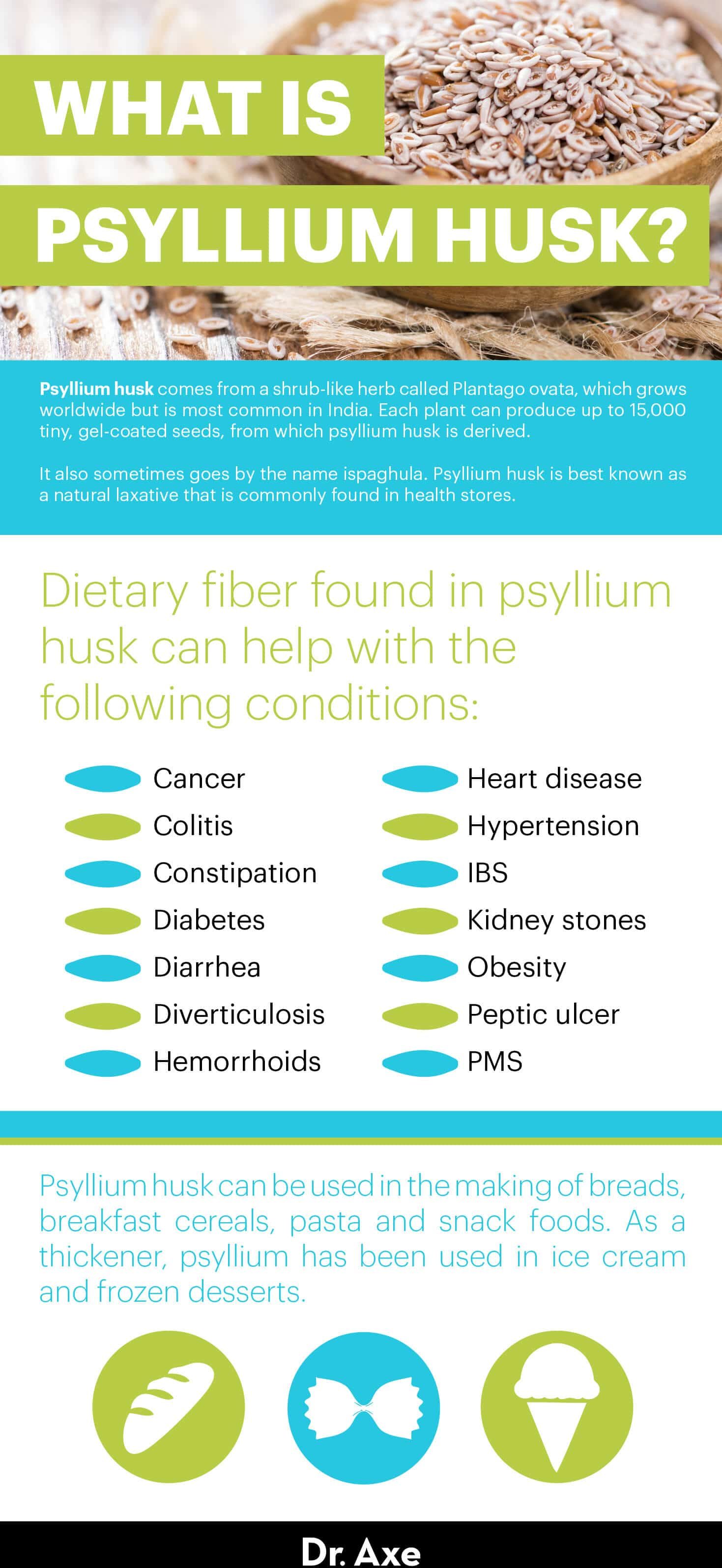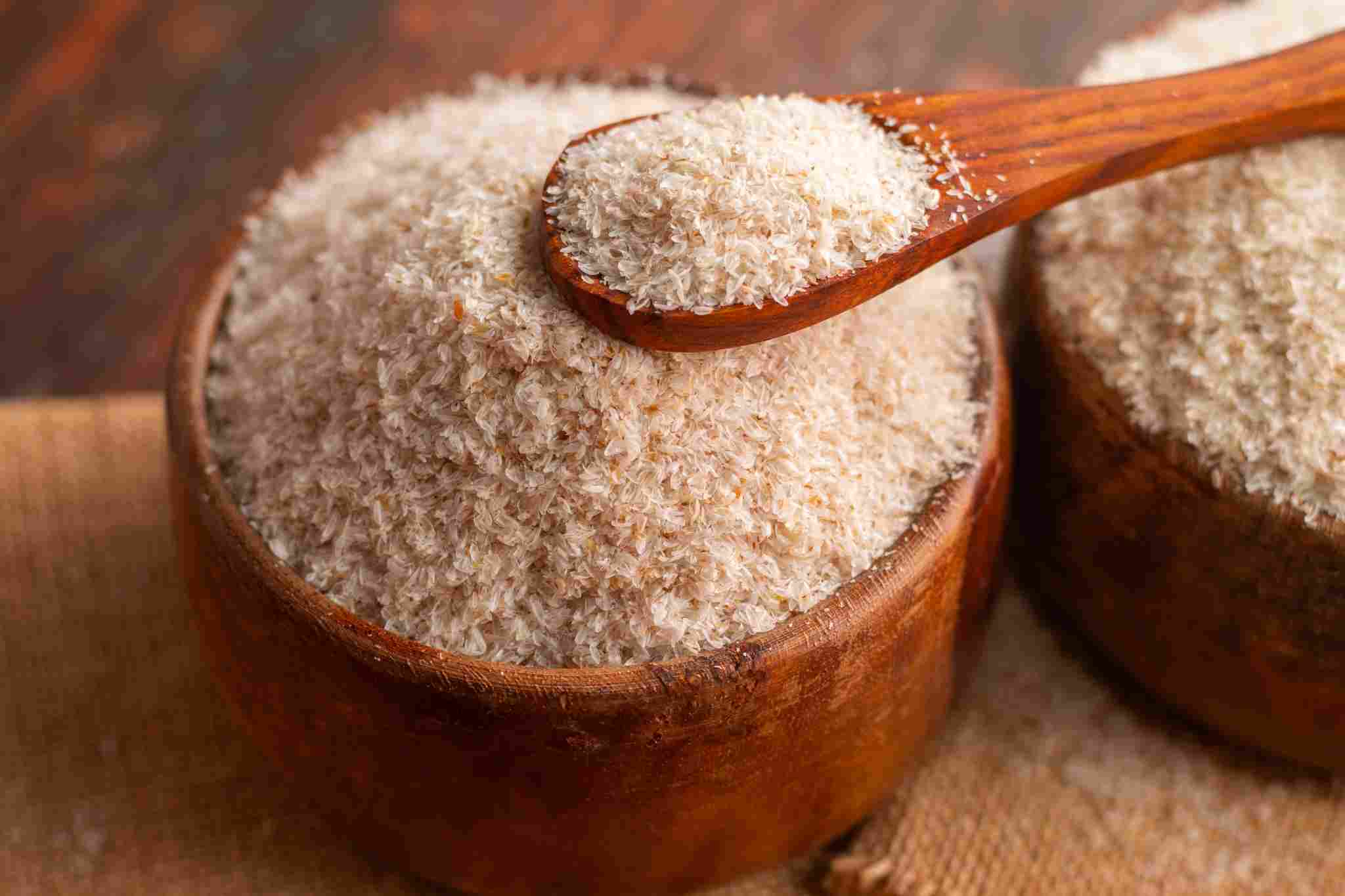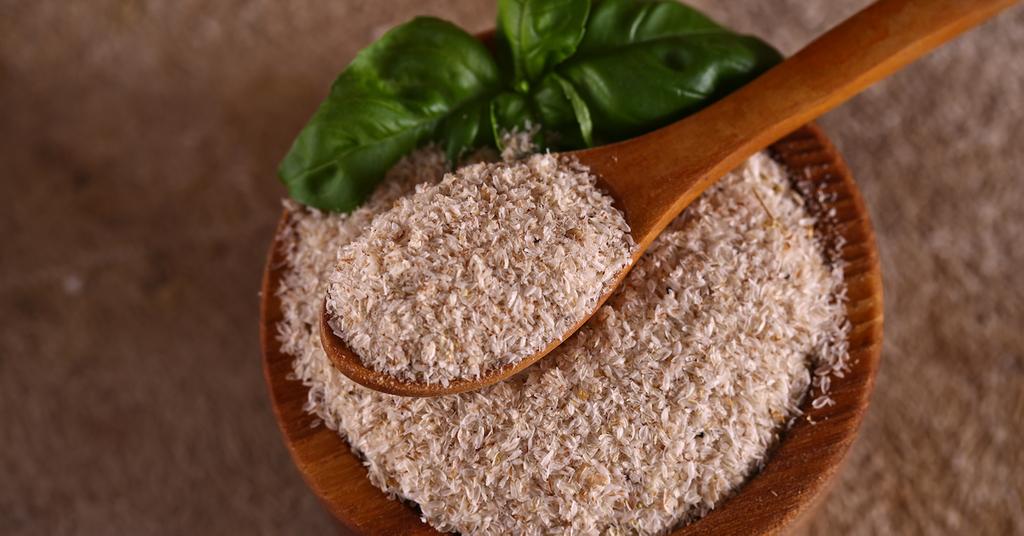Is your daily fiber supplement secretly putting you at risk? The truth behind the psyllium husk cancer warning is more nuanced than you might think, and understanding the real risks and benefits is crucial for making informed health decisions.
Psyllium husk, derived from the seeds of the Plantago ovata plant, has become a mainstay in many households seeking to improve their digestive health. Touted for its ability to relieve constipation, lower cholesterol, and even aid in weight management, this soluble fiber seems like a natural health panacea. However, a growing chorus of concern has emerged, centered around the presence of cancer warnings on some psyllium husk products. This article aims to navigate the complex relationship between psyllium husk and cancer, separating fact from fiction and providing a comprehensive understanding of the potential risks and rewards.
| Category | Information |
|---|---|
| Name | Psyllium Husk (Ispaghula Husk) |
| Description | Soluble fiber derived from the seeds of Plantago ovata. |
| Common Uses | Relieving constipation, lowering cholesterol, promoting digestive health, weight management. |
| Potential Risks | Possible exposure to contaminants like lead, potential bowel upset. |
| Benefits | Improved bowel regularity, reduced cholesterol levels, blood sugar control, potential colon cancer risk reduction. |
| Warning Labels | May contain warnings related to cancer, birth defects, or other reproductive harm due to potential lead content. |
| Reference Website | Memorial Sloan Kettering Cancer Center |
The alarm bells started ringing louder when consumers began noticing warning labels on psyllium husk products, particularly those sold in California. These warnings, often mandated by Proposition 65, indicate that the product contains chemicals known to cause cancer, birth defects, or other reproductive harm. In the case of psyllium husk, the culprit is often lead, a naturally occurring heavy metal that can be absorbed by plants from the soil. It's important to note that these warnings don't necessarily mean that the product is inherently dangerous, but rather that it contains trace amounts of a substance that the state of California has identified as a potential health hazard.
- Skymovieshd The Ultimate Guide Is It Safe Year
- Vegamovies Alternatives 2024 Safe Streaming Movie Updates
The presence of lead in psyllium husk is a reflection of its growing environment and agricultural practices. Lead can be found in soil due to natural deposits, historical pollution, or the use of contaminated fertilizers. While manufacturers are expected to adhere to safety standards and minimize lead levels in their products, it's virtually impossible to eliminate it entirely. This is because plants naturally absorb elements from the soil, and psyllium husk, being a plant-derived product, is no exception.
The key question then becomes: how much lead is too much? Regulatory agencies like the Food and Drug Administration (FDA) set limits for lead in food and supplements, aiming to protect consumers from excessive exposure. However, these limits are often subject to debate and can vary depending on the specific product and the population being considered. For example, children are generally more vulnerable to the harmful effects of lead than adults, so the permissible levels in products intended for children are typically lower.
It's also important to consider the cumulative effect of lead exposure. We are all exposed to small amounts of lead from various sources in our environment, including air, water, and food. The concern is that even low-level exposure over a prolonged period can contribute to health problems, particularly in vulnerable populations. This is why it's crucial to minimize our exposure to lead from all sources, including dietary supplements like psyllium husk.
- Where To Watch Megan Is Missing 2011 Streaming More
- Untold Story Judith Barsi Burt Reynolds All Dogs Go To Heaven
Despite the concerns surrounding potential lead contamination, psyllium husk offers a range of well-documented health benefits. Its high soluble fiber content allows it to absorb water in the digestive tract, forming a gel-like substance that adds bulk to the stool. This helps to promote regular bowel movements and alleviate constipation. Furthermore, psyllium husk can help lower cholesterol levels by binding to cholesterol in the gut and preventing its absorption into the bloodstream. Studies have also shown that it can improve blood sugar control in people with diabetes and promote weight management by increasing feelings of fullness.
Interestingly, some research suggests that psyllium husk may even play a role in reducing the risk of certain types of cancer, particularly colon cancer. The fiber in psyllium husk can promote the growth of beneficial gut bacteria, which can produce compounds that protect against cancer development. Additionally, psyllium husk can help to speed up the transit time of waste through the colon, reducing the exposure of the colon lining to potentially harmful substances.
However, it's crucial to note that the evidence on psyllium husk and cancer prevention is still evolving. While some studies have shown promising results, others have been inconclusive. More research is needed to fully understand the potential benefits and risks of psyllium husk in relation to cancer.
Given the conflicting information and the inherent uncertainties, how should consumers navigate the psyllium husk landscape? The first step is to be aware of the potential risks and to choose products from reputable manufacturers that adhere to strict quality control standards. Look for products that have been tested for heavy metals and certified by independent organizations. It's also a good idea to contact the manufacturer directly to inquire about their testing procedures and the levels of lead in their products.
Another important consideration is the dosage of psyllium husk. While it's generally considered safe when taken as directed, excessive intake can lead to side effects such as bloating, gas, and abdominal discomfort. It's also crucial to drink plenty of water when taking psyllium husk, as it can absorb a significant amount of fluid and potentially cause dehydration if you're not adequately hydrated.
For individuals with certain medical conditions, such as phenylketonuria (PKU), it's essential to consult with a healthcare professional before taking psyllium husk. Similarly, pregnant or breastfeeding women should discuss the potential risks and benefits with their doctor before using this supplement.
If you experience any adverse effects after taking psyllium husk, such as severe abdominal pain, nausea, vomiting, or rectal bleeding, discontinue use and seek medical attention immediately. These symptoms could indicate a more serious underlying condition.
The warning labels on psyllium husk products are a reminder that even natural supplements can pose potential risks. While psyllium husk offers a range of health benefits, it's important to be aware of the potential for lead contamination and to take steps to minimize your exposure. By choosing reputable products, adhering to recommended dosages, and consulting with a healthcare professional when necessary, you can make informed decisions about whether psyllium husk is right for you.
It's also worth noting that the concerns surrounding lead in psyllium husk are not unique to this particular supplement. Many other foods and supplements can contain trace amounts of heavy metals, depending on their growing environment and manufacturing processes. The key is to be vigilant about the products you consume and to prioritize those that have been tested for contaminants.
In conclusion, the relationship between psyllium husk and cancer is complex and multifaceted. While the presence of cancer warnings on some products may be alarming, it's important to understand that these warnings are often related to potential lead contamination rather than an inherent property of psyllium husk itself. By taking a cautious and informed approach, you can weigh the potential risks and benefits of psyllium husk and make a decision that aligns with your individual health needs and preferences.
It's important to remember that dietary supplements are not a substitute for a healthy diet and lifestyle. A balanced diet rich in fruits, vegetables, and whole grains, combined with regular exercise and adequate sleep, is the foundation of good health. Psyllium husk can be a valuable addition to a healthy lifestyle, but it should not be relied upon as a magic bullet for preventing or treating disease.
Ultimately, the decision of whether or not to take psyllium husk is a personal one. By educating yourself about the potential risks and benefits, and by consulting with a healthcare professional, you can make an informed choice that supports your overall health and well-being.
The information from lexicomp explains what you need to know about this medication, including what its used for, how to take it, its side effects, and when to call your healthcare provider.
Psyllium husk, a natural fiber thats been a pantry staple for well over decades, is facing a towering wave of scrutiny with a psyllium husk cancer warning that has rippled through wellness communities with the force of a gale.
This article, dear reader, is your navigation chart through the churning waters of facts and fictions, claims, and why take psyllium husk cancer warning with caution. this article will help you know the science behind the psyllium husk and the associated cancer warning. Moreover, it will help you explore what psyllium husk is, the potential benefits, and how to use psyllium husk supplements.
Please note, if you experience bowel upset revert to the medium fibre diet again for a few days to settle your bowel. Talk to a health care professional if you are experiencing any soreness internally or externally.
You can add psyllium husk or metamucil daily to food or drinks to ensure a well formed and completely evacuated bowel motion. These are not all of the side effects that may occur. If you have questions about side effects, call your doctor.
Call your doctor for medical advice about side effects. You may report side effects to your national health agency. Ispaghula husk is also known as psyllium, psyllium seed, psyllium husk, ispaghula or ispaghula seed.
Colorectal cancer occurs when abnormal cells combine to form polyps, which can later become cancerous 1. Preventive screening is the best way to avoid colon cancer, because polyps can be found and removed before they turn cancerous, according to the american cancer society 1.
By the end of this article, you will have a comprehensive understanding of psyllium husk and its implications for cancer risk, empowering you to make informed choices about your health.
If you see a psyllium husk cancer warning, it indicates that the product could have been exposed to and absorbed chemicals like lead from the soil. Products with psyllium husk may contain small amounts of lead due to the growth process and individual farm factors like fertilizer or location.
If you have phenylketonuria (pku), talk with your doctor. You will need to talk about the benefits and risks to you and the baby.
While the cancer psyllium husk cancer warning may be concerning, they should not overshadow the significant health benefits this supplement offers.
Psyllium husk may contain a cancer warning based on a california ruling, but this type of warning is not unique to psyllium husk. Any food or supplement containing contaminants like lead may have this warning on their label, and we havent come across any clinical evidence that psyllium is higher in environmental contaminants like heavy metals than any other food product.
The psyllium husk cancer warning is perhaps more visible than similar warnings on imported rice or other readily available products.
Several studies show psyllium husk lowers colon cancer risk as a regular supplement. An expansive clinical trial also found it may also help lower the risk of breast cancer.
While praised for digestive health and cholesterol management, recent studies raise concerns about excessive intake and hydration.
Recent discussions have raised concerns about psyllium husk and cancer risk. Heres what you need to know about its safety. Understanding the cancer warning concerns.
Concerns about a psyllium husk cancer warning have surfaced in recent years, leading some people to question the safety of this commonly used supplement.
The type of product that is causing exposures in violation of proposition 65 is psyllium husk powder, including but not limited to: product name manufacturer distributor/retailer 1. Kate naturals organic psyllium husk powder the dojo, llc the dojo, llc the routes of exposure to the chemical(s) in violation include ingestion by consumers.
Psyllium husk comes with a few health benefits like: Constipation relief. yes, you can use psyllium husk for constipation. All soluble fibers help bulk and bind stools
A caution issued by health authorities regarding the potential link between psyllium husk consumption and an increased risk of certain types of cancer.
Psyllium husk, a soluble fiber derived from the seeds of the plantago ovata plant, is commonly used as a dietary supplement for digestive health. Other sources of soluble fiber include oats, beans, and apples.
Prebiotic fiber supplement use was not associated with colorectal cancer risk. Insoluble, but not soluble, prebiotic fiber use was associated with higher colorectal cancer mortality. These findings do not support the promotion of prebiotic fiber supplements to reduce colorectal cancer risk or colorectal cancer mortality.
- Who Is Sadia Khans Husband Unveiling Her Life Relationships
- Aditi Mistry Latest News Bigg Boss Rumors More 2024


